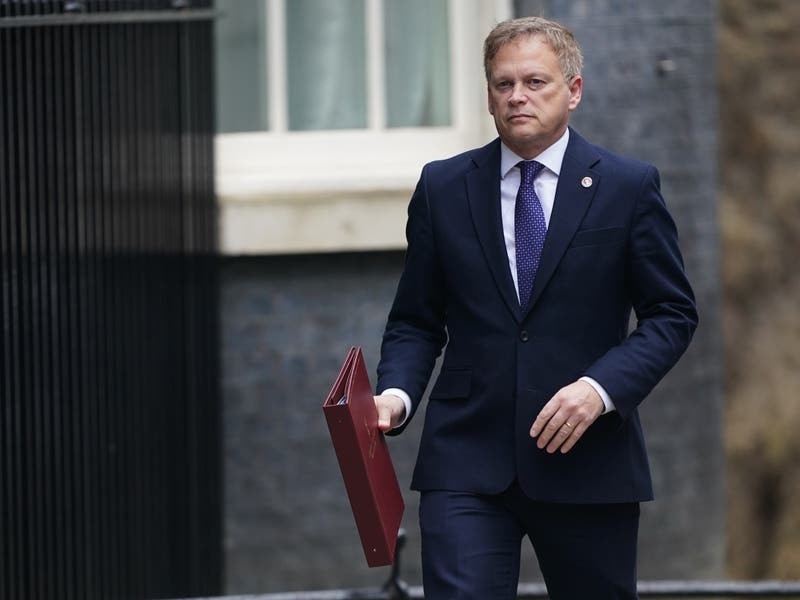NET-ZERO pledges are in vogue, and cynics are starting to question their legitimacy. Every week more corporations or governments make net-zero pledges, but how realistic are they?
I have spent the past two months talking to heads of sustainability across some of the largest corporations in the world as part of my role working with Prince Charles’s Accounting for Sustainability organisation. Many of those organisations have made net-zero pledges but many have failed to deliver on their promise. It will come as a surprise that those who haven’t committed to net pledges are among some of the most sustainability-focused organisations I have come across. Surely, they should be front of the queue to pledge net zero.
The reason behind the hesitancy is that the more advanced an organisation is on the sustainability journey, the more they appreciate the complexity involved in net zero. Firstly, there is a debate around the definition (do you include scope 3 emissions?), the timing (should you be net zero by 2030 or 2050 or another year in the future?) and then the strategy (how do you achieve net zero?). It is the latter point which causes the greatest divergence across the pool of net-zero pledgers.
Many organisations making net-zero pledges do not have a strategy for achieving it. This is not unexpected as the approach numerous lobbying groups have taken is to ensure the commitment is made and then follow up with the strategy over the next 12 months, the theory being that, once a public commitment is made, they will have to live up to it. However, many of these organisations have found it harder than expected to develop a strategy for net zero.
ESG reporting is at the heart of this problem, with many organisations (or investment funds) failing to have any in place or, if they do, it is riddled with unreliable data, data gaps or shaky estimates. You cannot create a strategy to get to net-zero greenhouse-gas emissions if you do not know what your greenhouse-gas emissions are to begin with. There are endless ESG metrics. Indeed, one organisation I spoke with recently published over 100, but greenhouse-gas emissions are the first port of call. This is because the focus always begins with climate and, more specifically, global warming.
We are going through a period of seismic change in the ESG reporting landscape. The UK and EU have published sustainable finance strategies that will see the rollout of mandatory ESG reporting over the next few years. The reasons for this are simple: investors and consumers both want to reduce their impact but are currently blind to what this is. By ensuring organisations report on their impact, for example greenhouse gases, the same investors and consumers can understand the impact and make decisions on how to reduce it.
From the organisations’ perspective, as soon as they have measured their impact and compared to competitors, there is capitalist motivation to improve their performance; this will either attract a lower cost of capital or retain key customers. These simple regulations are turning market forces to the task of reducing greenhouse gas emissions.
ESG reporting will drive costs up for reporters but this will ultimately lead to a more concise strategy and, if done well, can create economic advantage. Outperforming competitors in this area should lead to lower cost of capital, more resilient cash flows and valuation premiums.
Several net-zero pledgers did not appreciate the need to implement ESG reporting to develop a strategy and are now struggling to answer the market’s questions on what net zero means for them. The more success stories I have heard from my discussions with multinationals are where teams have road mapped their path to net zero. They may not have reporting in place yet, but they have built it into a critical path from developing and implementing a strategy.
Road-mapping your path to net zero is an incredibly valuable exercise. It forces you to consider each step on the journey from putting the reporting in place, engaging with the supply chain, understanding how the transformation will impact your business and developing realistic timescales. Demonstrating this to investors will give your net-zero pledge credibility and buys you time to work out how to meet it.
Whether you are a fund with portfolio companies or a stand-alone organisation, you should be thinking about implementing ESG reporting and road mapping a path to net zero. Failure to do so and you could find investors and customers turning to competitors who have. KPMG’s IMPACT team can help you on this journey.






